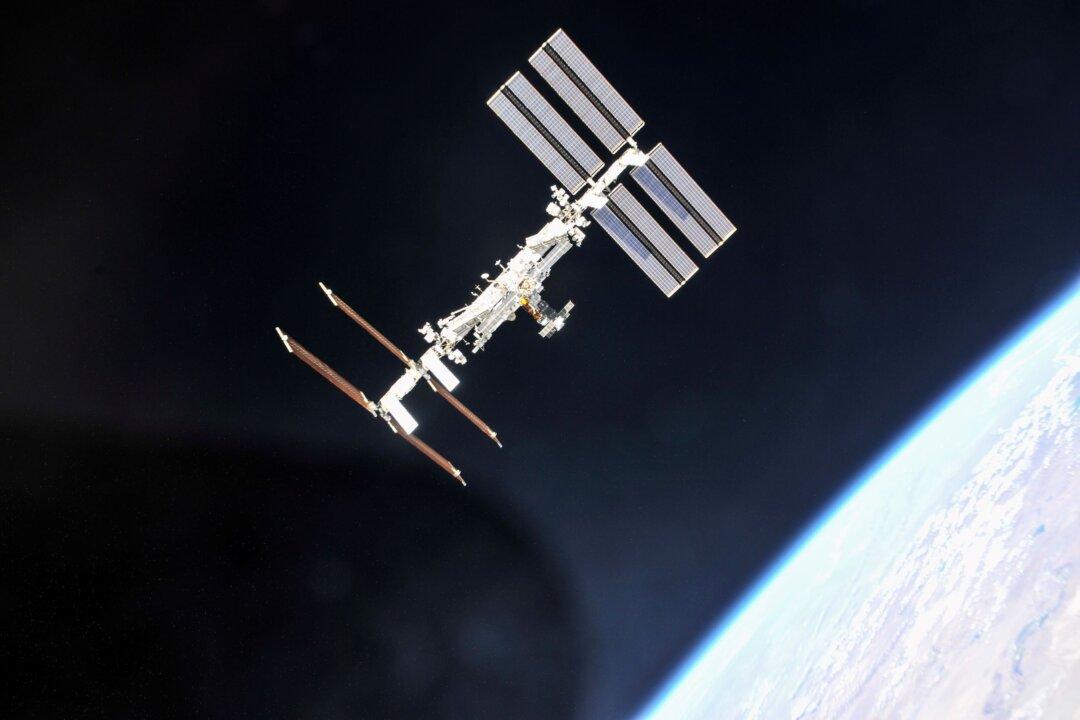Russia’s space agency Roscosmos intends to withdraw from the International Space Station (ISS) amid Western sanctions designed to cripple Moscow’s economy, the head of the space program confirmed.
Dmitry Rogozin, the chief of Roscosmos, said in an April 30 interview with Rossiya-24 TV channel that the decision and timing of Russia ending its participation in the ISS have already been taken.





